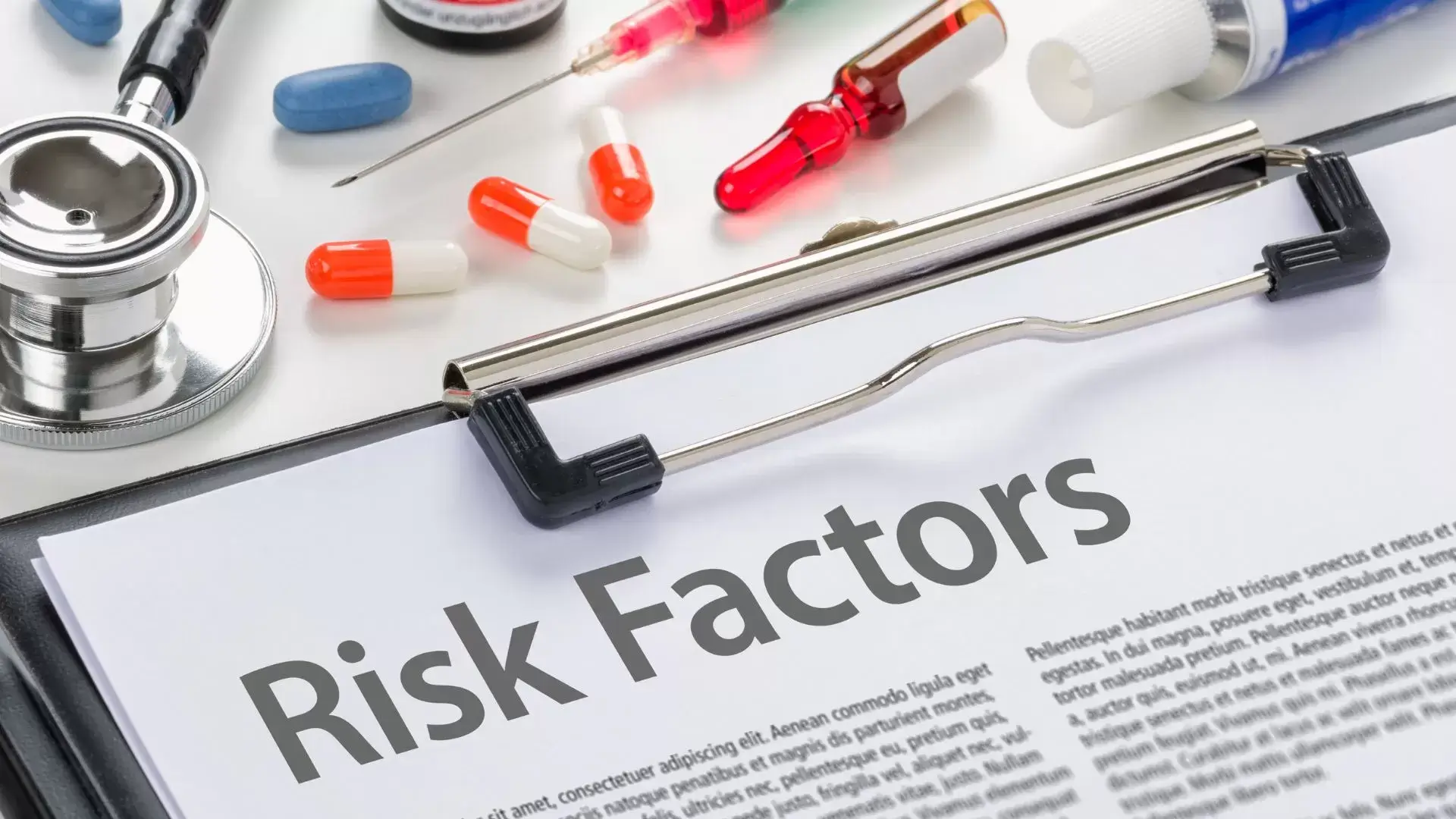We recognize that acknowledging the signs of Female Orgasmic Disorder, or anorgasmia, can feel overwhelming. Symptoms often include trouble reaching orgasm despite adequate stimulation, emotional distress surrounding intimacy, and difficulties related to physical or psychological factors. Relationships can also play a significant role; conflicts and lack of communication might hinder arousal. Additionally, medical conditions, hormonal changes, and certain medications can further complicate sexual health. It is crucial to communicate openly with partners and seek professional assistance. Together, we can explore these challenges and discover pathways toward improved sexual fulfillment and understanding. There’s much more to uncover about this journey.
About Mississauga Psychotherapist
Understanding the complexities of female orgasmic disorder often leads us to seek the expertise of a knowledgeable Mississauga psychotherapist who can provide valuable insights and support. When we approach this sensitive subject, finding a professional who understands the emotional and psychological facets is essential. At 1834 Lakeshore Rd W #6PA, Mississauga, ON L5J 1J7, we have access to experienced therapists who specialize in sexual health and intimacy issues.
These therapists create a safe and compassionate environment for us to explore our feelings and experiences surrounding orgasmic disorders. They use evidence-based approaches tailored to our unique situations, ensuring we feel understood and supported throughout our journey. With their guidance, we can unpack the layers of our challenges and work towards healing.
If we’re ready to take the next step in understanding and addressing our concerns, we can reach out to the Mississauga psychotherapist at (289) 212-8465. By initiating this conversation, we not only empower ourselves but also take a significant step towards reclaiming our sexual health and overall well-being. Together, we can navigate this complex journey with empathy and understanding.
Understanding the Potential Causes of Anorgasmia
Anorgasmia can often stem from a complex interplay of psychological, emotional, and physical factors that we may not fully recognize at first. We might find that stress, anxiety, or depression greatly impacts our sexual experiences, creating barriers to achieving orgasm. These emotional hurdles can lead to negative self-perceptions or fear of intimacy, further complicating our ability to connect with our bodies.
Moreover, our past experiences, including trauma or negative sexual encounters, can shape our current responses. It’s important to acknowledge that societal expectations and cultural beliefs about sexuality also play a role in how we perceive our sexual function. We might feel pressure to conform to certain standards, which can lead to performance anxiety and dissatisfaction.
Physical factors, such as hormonal imbalances or side effects from medications, can also contribute to our experience of anorgasmia. We should take time to explore these aspects, recognizing that our bodies and minds are deeply intertwined. By understanding these potential causes, we can better navigate our experiences and seek the support we need to foster a more fulfilling sexual life.

How Medical Conditions Can Contribute to Anorgasmia
Medical conditions can considerably affect our sexual health, often exacerbating the emotional and psychological barriers we face when trying to achieve orgasm. Chronic illnesses such as diabetes, multiple sclerosis, and hormonal imbalances can disrupt our body’s physiological processes, leading to difficulties in sexual arousal and orgasm. For instance, diabetes can damage nerves and blood vessels, affecting sensation and blood flow, while multiple sclerosis may impair the neural pathways essential for sexual response.
Additionally, certain medications used to manage these conditions, like antidepressants and antihypertensives, can further complicate our ability to reach orgasm. We might find ourselves in a cycle where the very treatments meant to improve our overall health inadvertently hinder our sexual satisfaction.
Moreover, conditions affecting our pelvic region—like endometriosis or pelvic floor dysfunction—can cause pain during sexual activity, creating an aversion that makes orgasm seem unattainable. By understanding how these medical factors intertwine with our sexual experiences, we can approach the issue of anorgasmia with greater awareness and seek appropriate medical support. A collaborative approach with healthcare providers can help us navigate these challenges and reclaim our sexual wellbeing.
Psychological Factors That May Affect Orgasm
Many of us may not realize how deeply our mental and emotional states influence our ability to experience orgasm, as anxiety, stress, and past trauma can create significant barriers to sexual satisfaction. When we’re preoccupied with daily stressors or unresolved emotional issues, our bodies often respond by shutting down the very pathways necessary for arousal and pleasure.
It’s essential to understand that our psychological well-being is intertwined with our sexual health. For instance, feelings of inadequacy or negative body image can make it difficult to relax and connect with our partners during intimacy. Additionally, traumatic experiences can lead to a heightened state of vigilance, making it challenging to engage fully in the moment.
We need to acknowledge that these psychological factors aren’t just personal challenges; they can have profound implications on our sexual experiences. By fostering open communication about our mental health and seeking professional help when necessary, we can begin to dismantle these barriers. Embracing self-compassion and understanding can empower us to reclaim our sexual pleasure and overall well-being. Together, we can navigate these complexities toward a more fulfilling intimate life.

The Impact of Relationship Conflict on Sexual Satisfaction
Conflict in our relationships can greatly diminish sexual satisfaction, often creating a cycle where unresolved issues lead to emotional distance and decreased intimacy. When we find ourselves in disagreements, the underlying tension can overshadow our physical connection. It’s vital to recognize how arguments, whether trivial or significant, can seep into our intimate lives, causing stress and anxiety that make it difficult to engage fully.
We’ve all experienced moments when a fight lingers in our minds, disrupting our ability to connect with our partners. This distraction can inhibit arousal and lead to feelings of frustration or inadequacy. Additionally, when communication breaks down during conflicts, it often results in a lack of understanding of each other’s emotional and physical needs.
To enhance our sexual satisfaction, we must address the conflicts head-on, fostering open dialogue and understanding. By prioritizing resolution and empathy, we create a safe space where intimacy can flourish. This approach not only improves our emotional bond but also lays the groundwork for a fulfilling sexual relationship. Ultimately, recognizing and addressing relationship conflicts is vital for achieving a deeper and more satisfying intimate connection.
The Role of Substance Use in Female Orgasmic Disorder
While addressing relationship conflicts can enhance our intimacy, it’s also important to contemplate how substance use can influence female orgasmic disorder, creating additional barriers to sexual satisfaction. Many of us may not realize that substances like alcohol, recreational drugs, and even excessive caffeine can impact our sexual responses. For instance, while alcohol might initially lower inhibitions, it can also dampen arousal and hinder our ability to reach orgasm.
We might notice that relying on substances can lead to a cycle of dependency, where we feel we need them to enjoy intimacy. This dependence can create a disconnect between our bodies and minds, making it challenging to experience pleasure. Additionally, some substances can alter our hormonal balance, which is vital for sexual function.
Understanding these effects allows us to approach our sexual health holistically. By examining our choices and their impact on our bodies, we can foster a better environment for intimacy. Open conversations with partners about substance use can help us navigate these challenges together, ultimately leading to more fulfilling sexual experiences and deeper connections.
How Medication Side Effects Can Affect Orgasm
Medications, particularly those for mental health or hormonal imbalances, can greatly impact our ability to reach orgasm, often leaving us feeling frustrated and disconnected from our pleasure. Many of us may not realize that certain antidepressants, antipsychotics, and hormonal therapies can contribute to sexual dysfunction, including difficulties with orgasm.
It’s important to understand that these medications can alter neurotransmitter levels and hormonal balances, which play essential roles in our sexual responses. For instance, selective serotonin reuptake inhibitors (SSRIs) might help with depression but can inhibit sexual arousal and orgasmic response.
When we’re aware of these potential side effects, we can have more informed conversations with our healthcare providers. It’s crucial that we advocate for our sexual health, seeking alternative treatments or adjustments to our current medications.
Moreover, we should remember that we’re not alone in this struggle. Many of us share these experiences, and acknowledging this can help reduce feelings of isolation. By prioritizing our sexual well-being, we can take steps toward greater intimacy and fulfillment in our relationships, fostering a more thorough approach to our overall health.

Aging and Its Influence on Sexual Health and Orgasm
As we age, many of us may notice changes in our sexual health and orgasmic response, prompting important reflections on how our bodies adapt over time. With hormonal shifts, particularly during menopause, we might experience decreased libido, vaginal dryness, or difficulty reaching orgasm. These changes can understandably lead to feelings of frustration or confusion.
We need to recognize that aging is a natural process, and our sexual health can evolve as well. While it’s common to encounter challenges, it’s vital to understand that we’re not alone in this journey. Research shows that many women maintain a satisfying sexual life well into their later years, often adjusting their preferences and techniques to suit their changing bodies.
Communication with partners about these shifts can foster intimacy and understanding. Exploring new forms of stimulation, using lubricants, or even seeking guidance from healthcare professionals can enhance our sexual experiences. By embracing this stage of life, we can foster a positive attitude toward our sexual health and redefine our pleasure. Ultimately, recognizing these changes allows us to navigate our sexuality with greater awareness and empowerment, reminding us that fulfillment is still very much attainable.
Connect with our therapists at Mississauga Psychotherapists
Recognizing the changes in our sexual health as we age can prompt us to seek support, and connecting with therapists at Mississauga Psychotherapists offers a valuable resource for traversing these complexities together. We acknowledge that discussing issues like Female Orgasmic Disorder can feel intimidating, but it’s crucial to address these challenges openly and without shame.
Our experienced therapists in Mississauga specialize in sexual health and can provide a safe, non-judgmental space for us to explore our feelings and experiences. They utilize evidence-based approaches tailored to our individual needs, helping us comprehend the psychological and emotional factors that may contribute to orgasmic difficulties.
By engaging in therapy, we can gain insights into our bodies and desires, fostering a greater sense of intimacy with ourselves and our partners. It’s not just about overcoming obstacles; it’s about enhancing our overall sexual well-being.
Together, we can dismantle the barriers that prevent us from experiencing fulfilling sexual relationships. Let’s take this important step toward understanding and reclaiming our sexual health by connecting with the skilled therapists at Mississauga Psychotherapists. We’re not alone on this journey; support is just a conversation away. Contact us today!



